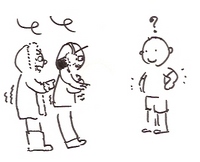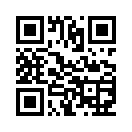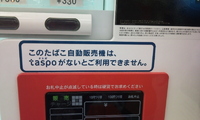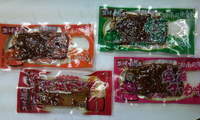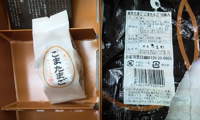2008年12月02日
ん、ん、ん。 Nng-nng-nng. 응응응.
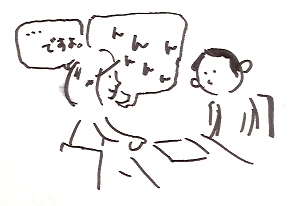
その日、私は電話で宅配便(か何か)の業者の人と電話で話していました。その人は、私に説明をしながら、途中自分の言っていることにあいづちを打つように何度も「ん、ん、ん。」と言いました。たとえば、東京でも自分が何か言った後に、まるで相手の「そうなの?」「本当に?」というような反応を想定して先取りするかのように、「ですから、私もそう申し上げたんですよ、ええ、ええ。」「あれから帰って気持ち悪くなっちゃってさ~・・・そう、そう、そう。」としゃべっている人はいますが、初対面の相手に(しかも仕事上の電話で)「ん、ん、ん。」は、最初は驚きました。「うん、うん、うん。」と言っているのかと思ったのです。
しかし、周囲の人たちの会話をよく聴いていると、必ずしもそうではないようです。「ん、ん、ん。」のあとは、また「それでですね・・・」とか「よろしくおねがいします。」といったような「です・ます」の丁寧な話し方が続くからです。つまり、「ん、ん、ん。」は「うん。」でも「はい。」でも「ええ。」でもある、相手や場を選ばないfillerではないかというのが、現時点での推論です。
I was talking with someone at a parcel delivery company or something on that day. The person on the other end of the line kept saying "nng-nng-nng" in the middle of what s/he had to say as though s/he was responding to him/herself. It's true that, in Tokyo (for example), too, some people talk like this:
"--- so I did tell them that, yeah." "I went home after that, and got so sick that I was going to puke --- yeah." as if they are simulating the listeners' questions/responses e.g. "Oh, is that right?" or "Seriously?" and saying the answer in advance; but I had never expected anyone to say that kind of things (on top of that, this was on business conversation) to people they'd never met: besides, that "nng-nng-nng" sounded like s/he was talking "Uhn, uhn, uhn" which is more like "yeah" instead of "yes" in Japanese. However, paying closer attention to how they talk, I came to the deduction that they are never speaking too casually, and that "nng-nng-nng" is just a "filler" which can be used at any social occasion, no matter who they are talking with.





